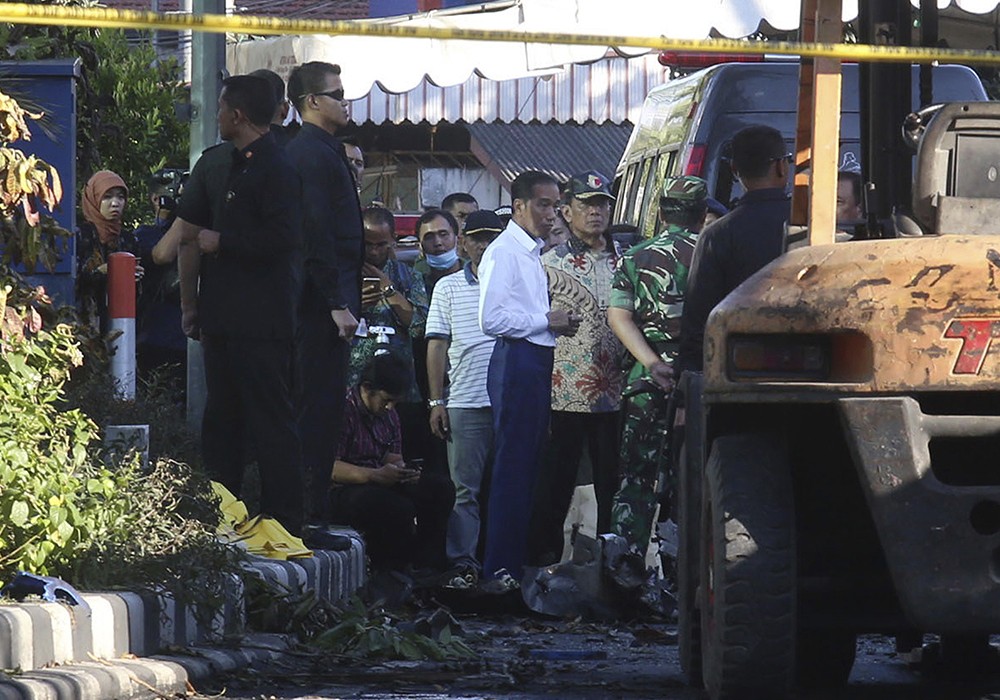Indonesian anti-terrorism law responds to church attacks but worries human rights groups
The anti-terror law expands the power of Indonesia's military and police.

Weeks after a Muslim family committed suicide attacks on churches in the city of Surabaya, Indonesia, the country passed a law intended to prevent more attacks and foster the majority-Muslim country’s tolerant culture.
President Joko Widodo—known as Jokowi, a moderate Muslim who campaigned for the presidency with an image of a clean, populist politician—responded swiftly to the recent attacks, vowing a tough crackdown on terrorists. Key to that was calling for the antiterrorism law.
Human rights groups are concerned that the bill could be used to suppress peaceful activists, and some do not support the new law.




